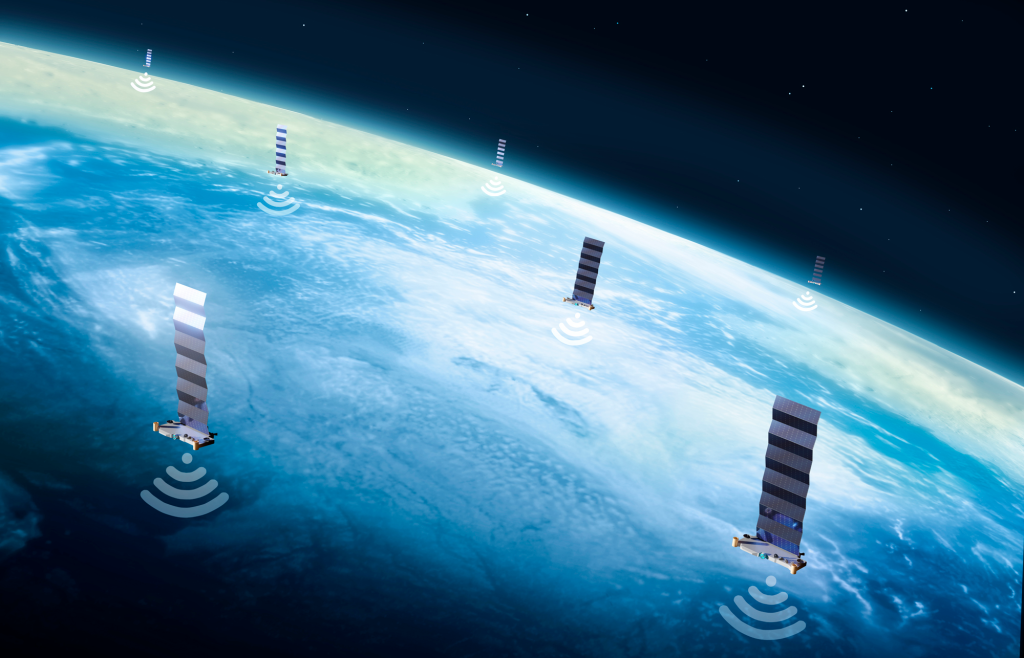SpaceX CEO Elon Musk is now bragging that the next generation of Starlink internet satellites are going to be so much larger than before, they’ll need to be straight-up launched using the company’s Starship rocket.
Quote-tweeting a post about SpaceX informing the Federal Communications Commission (FCC) about “several small but meaningful updates” to the new class of communications satellites, the billionaire highlighted the size of the forthcoming fleet.
“The next generation Starlink satellites, which are so big that only Starship can launch them, will allow for a 10X increase in bandwidth and, with the reduced altitude, faster latency,” Musk wrote.
It’s neither the first nor the second time the South African-born tycoon has insisted that instead of deploying them on a Falcon 9 rocket as the company does now, SpaceX will use Starship to launch forthcoming generations of Starlink satellites.
This time, however, the plans seem a bit more concrete.
As Ars Technica reports, SpaceX filed a request with the FCC to both lower the altitudes of Starlink’s orbit to sub-300 miles above Earth’s surface and, should the Federal Aviation Administration also approve, launch the satellites on a Starship from the company’s Boca Chica, TX facility.
The filing, notably, does not give dimensions for the new size, nor does it say much about Starship beyond changing the angle of launches. A lack of specifics doesn’t seem to have stopped SpaceX from teasing the reusable rocket’s “launch and return” capabilities when promoting its fifth test flight over the weekend — nor did it stop a SpaceX executive from bragging about satellite launches.
“The next generation [Starlink] satellite will launch on Starship and deliver gigabit connectivity anywhere in the world,” tweeted Michael Nicolls, Starlink’s VP of engineering. “We got one step closer to that reality today with an amazing Flight 5!”
Whether the latest generation of Starlink satellites will have greater connectivity commensurate with its size remains to be seen — especially considering that SpaceX failed to deliver with its previous size-up.
Last February, the Musk-owned company launched what was then considered the next generation of internet satellites that were, as reports indicated, four times larger than their predecessors. Known as the V2 Mini model, a review from Sky & Telescope magazine found that although they were larger in size, they actually had a fainter signal than the version that came before it.
With so much emphasis on connectivity, it’s clear that signal strength is paramount to Musk with this latest generation of Starlink.
Notably, the billionaire didn’t acknowledge the other elephants in the room: that his satellites are junking up our planet’s orbit and pissing off astronomers whose views are getting blocked in the process.



